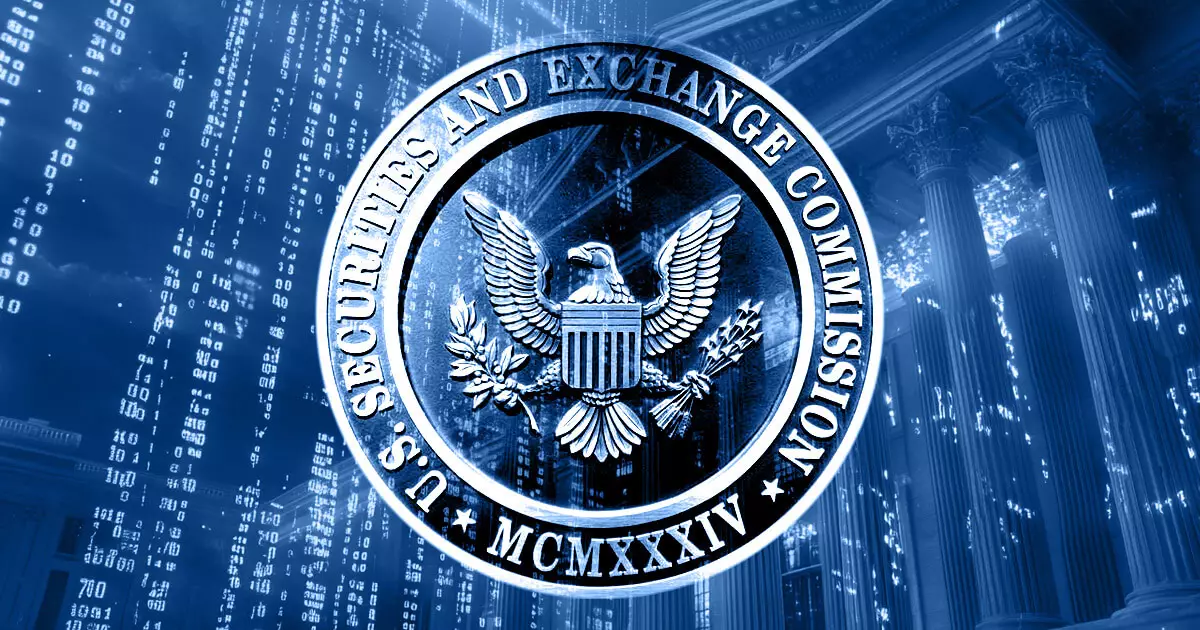The regulatory landscape for cryptocurrency exchange-traded funds (ETFs) is undergoing significant scrutiny, as evidenced by the recent acknowledgment of filings from Grayscale and BlackRock. On February 6, crucial amendments to Grayscale’s proposal for a spot Litecoin (LTC) ETF were recognized by the U.S. Securities and Exchange Commission (SEC). Meanwhile, BlackRock’s request for in-kind redemptions for its iShares Bitcoin ETF (IBIT) has also attracted attention. This intersection of emerging regulatory frameworks and investment strategies indicates a pivotal moment for the cryptocurrency market, with analysts optimistic about the prospects of these ETFs nearing approval.
The Implications of a Litecoin ETF
Eric Balchunas, a prominent ETF analyst at Bloomberg, has voiced encouraging sentiments about the SEC’s engagement with Grayscale’s application. His assertion that a Litecoin ETF “has all the boxes checked” suggests that the regulatory body may be prepared to expedite its review of such products. What stands out in this context is the prevailing classification of Litecoin as a commodity rather than a security, which could substantially streamline the approval process. As investors await a decision, the possibility that the SEC might consider multiple cryptocurrency ETFs simultaneously adds another layer of intrigue, reflecting growing institutional interest in this segment.
Parallel to the developments surrounding Litecoin’s ETF application, BlackRock’s proposal for in-kind redemptions represents an innovative approach that could redefine how institutional investors interact with crypto ETFs. Currently, investors would typically receive cash upon redemption, but this cash conversion can lead to increased tax liabilities and market slippage. By allowing the direct transfer of Bitcoin (BTC) to investors, in-kind redemptions could not only enhance liquidity but also attract a wider spectrum of institutional players aiming to minimize capital gains taxes. This operational efficiency is particularly significant as the industry transitions towards maximizing the appeal of cryptocurrency investment vehicles.
The SEC’s openness to new structures within the cryptocurrency ETF domain indicates a larger trend of evolving regulations aimed at facilitating the growth of digital asset investment. Approval of spot Bitcoin ETFs was a watershed moment, paving the way for altcoin ETFs like Litecoin’s. Nevertheless, market participants remain cautious, closely observing how these regulatory directions shape the broader landscape of crypto ETFs.
In the wake of these developments, the cryptocurrency sector finds itself at a crossroads. The anticipated decisions regarding Litecoin and BlackRock’s ETF applications could either serve as catalysts for broader adoption of cryptocurrencies in traditional investment portfolios or reveal the constraints still faced by the SEC in navigating this swiftly evolving market. The outcomes of these developments will be instrumental, not just for the companies involved but for investors seeking to leverage the benefits of cryptocurrency in an increasingly regulated environment. As such, the coming months are poised to be vital for both Grayscale and BlackRock, as well as for the dynamic world of crypto assets.


Leave a Reply